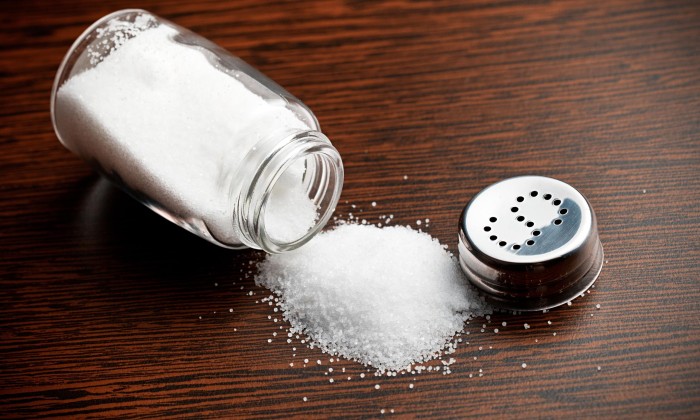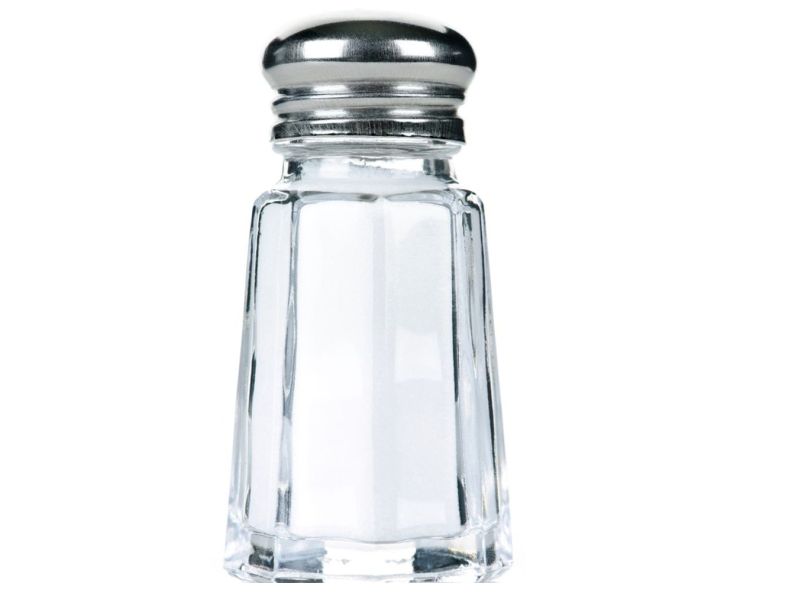The health benefits of lemon include treatment of throat infections, indigestion, constipation, dental problems, fever, internal bleeding, rheumatism, burns, obesity, respiratory disorders, cholera and high blood pressure, while it also benefits your hair and skin. Known for its therapeutic property since generations, lemons help to strengthen your immune system, cleanse your stomach, and it is considered a blood purifier.
Lemon juice, especially, has several health benefits associated with it. It is well known as a useful treatment for kidney stones, reducing strokes and lowering body temperature. As a refreshing drink, lemonade helps you to stay calm and cool.
The health benefits of lemon are due to its many nourishing elements like vitamin C, vitamin B6, vitamin A, vitamin E, folate, niacin thiamin, riboflavin, pantothenic acid, copper, calcium, iron, magnesium, potassium, zinc, phosphorusand protein. It is a fruit that contains flavonoids, which are composites that contain antioxidant and cancer fighting properties. It helps to prevent diabetes, constipation, high blood pressure, fever, indigestion and many other problems, as well as improving the skin, hair, and teeth. Studies conducted at the American Urological Association highlight the fact that lemonade or lemon juice can eliminate the occurrence of kidney stones by forming urinary citrate, which prevents the formation of crystals.
People use it to make lemonade by mixing lemon juice and water. Many people also use it as a washing agent, because of its ability to remove stains. The scent of lemons can also repel mosquitoes, while drinking lemon juice with olive oil helps to get rid of gall stones. It is well known for its medicinal power and is used in many different ways. As per the results reported in a study by the Annals of the Rheumatic Diseases, lemon provides protection against inflammatory polyarthritis and arthritis.
Health Benefits Of Lemon
Various health benefits of lemon are explained below:
Treats Indigestion
Lemon juice helps to cure problems related to indigestion and constipation. Add a few drops of lemon on your dish (take care, it does not go well with milk), and it will aid in digestion. It acts as a blood purifier and a cleansing agent, so a good drink after lunch or dinner is fresh lemon soda, which is also called fresh lime soda in many places. The recipe is lemon juice, cold water, soda, salts (common salt or rock salt) and sugar/honey for sweetness. You can also add some mint leaves or crushed fennel seeds for added flavor. Drink this whenever you have a heavy lunch or dinner.
Treats Fever
Lemon juice can treat a person who is suffering from a cold, flu or fever. It helps to break fevers by increasing perspiration.
Dental Care
It is also frequently used in dental care. If fresh lemon juice is applied on the area of a toothache, it can assist in getting rid of the pain. Massaging the juice on the gums can stop gum bleeding, while eliminating the bad odors that can come from various gum diseases and conditions.
Additionally, it can be used in the regular cleansing of your teeth. Keep your eye out for a toothpaste containing lemon as one of the ingredients, or add a drop of its juice onto your normal toothpaste. Some people also rub their teeth with the outer shell (the inner side touching your teeth) of a lemon after removing the juice. But be careful, it can be highly acidic, so if your mouth starts burning, rinse your gums and mouth quickly with water.
Hair Care
Lemon juice has proven itself in the treatment of hair care on a wide scale. The juice applied to the scalp can treat problems like dandruff, hair loss and other problems related to the hair and scalp. If you apply this juice directly on the hair, it can give your hair a natural shine.
Skin Care
Lemon juice, being a natural antiseptic medicine, can also cure problems related to the skin. The juice can be applied to reduce the pain of sun burns, and it helps to ease the pain from bee stings as well. It is also good for acne and eczema. It acts as an anti-aging remedy and can remove wrinkles and blackheads. Drinking its juice mixed with water and honey brings a healthy glow to the skin, and if you thoroughly search the cosmetic market, you will find some soaps containing this juice, but they aren’t too easy to find!
Cures Burns
Use lemon juice on the site of old burns can help fade the scars, and since lemon is a cooling agent, it reduces the burning sensation on the skin when you currently have an irritating burn.
Internal Bleeding
It has antiseptic and coagulant properties, so it can stop internal bleeding. You can apply lemon juice to a small cotton ball and place it inside your nose to stop nose bleeds.
Promotes Weight Loss
If a person drinks lemon juice mixed with lukewarm water and honey, it can help reduce body weight.
Soothens Respiratory Disorders
Lemon juice assists in relieving respiratory problems and breathing problems, such as its ability to soothe a person suffering from an asthma attack. Being a rich source of vitamin C, it helps in dealing with more long-term respiratory disorders as well.
Treats Cholera
Diseases like cholera and malaria can be treated with lemon juice, because it acts as a blood purifier.
Relaxes Foot
Lemon is an aromatic and antiseptic agent and is useful in foot relaxation. Add some its juice to warm water and dip your feet in the mixture for instant relief and muscle relaxation.
Treats Rheumatism
It is also a diuretic and can treat rheumatism and arthritis. It helps to flush out bacteria and toxins from the body.
Reduces Corns
Lemon juice can dissolve lumps on the skin, so it can be applied at the places where the skin has hardened up, like the soles of feet and the palms of your hands. Drinking it with water can help patients reduce gall stones for the same reasons.
Throat Infections: Lemon is an excellent fruit that fights against problems related to throat infections, due to its well-known antibacterial properties.
Controls Blood Pressure
Drinking lemon juice is helpful for people suffering from heart problems, because it contains potassium. It controls high blood pressure, dizziness, and nausea, because it provides a calming sensation to both the mind and body. It is commonly employed to reduce mental stress and depression.
Lemon has proved to be nature’s boon to everyone who uses it. It provides many valuable solutions to health-related problems, because it contains its own set of antiseptic and natural medications. It also aids in treatment of malaria. A good practice is to eat anywhere from a quarter to a half of a lemon per day to get the maximum benefits from this powerful little fruit!



 – A controversial new study contends that a low-salt diet could be dangerous for your heart health.
– A controversial new study contends that a low-salt diet could be dangerous for your heart health.
